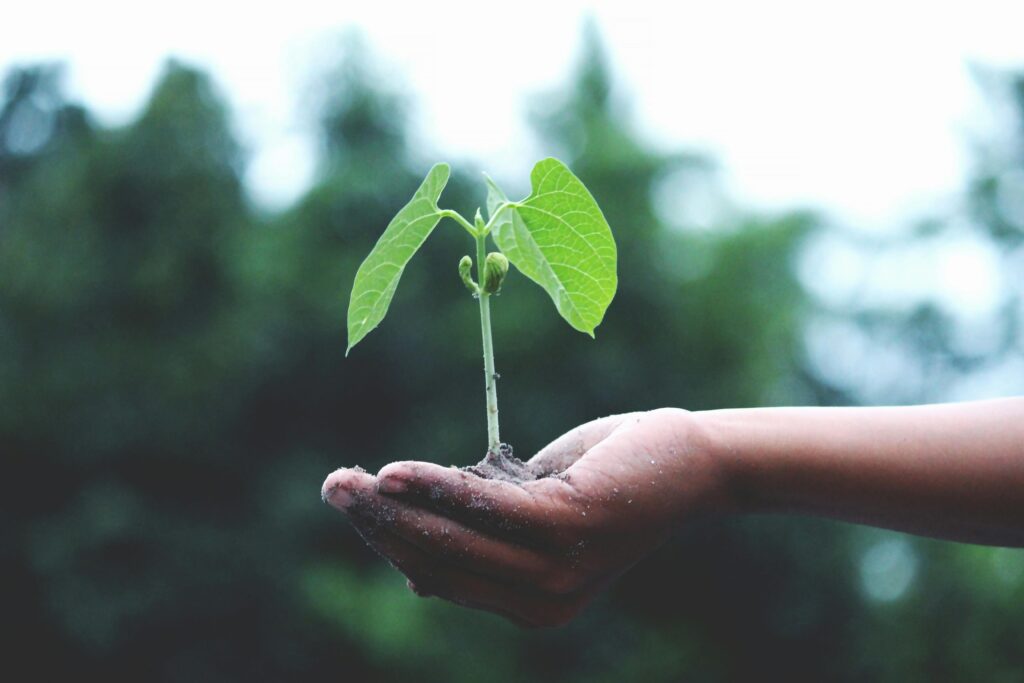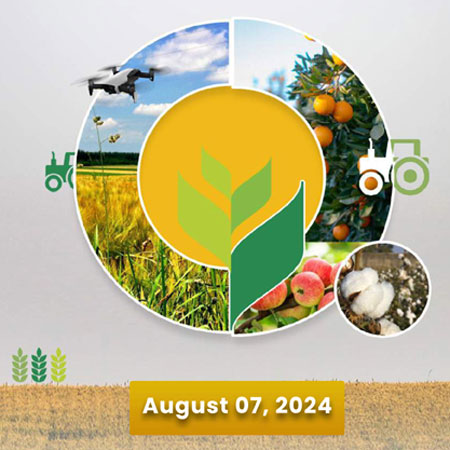

Diageo India (United Spirits Ltd.), announced the launch of a regenerative agriculture programme with rice farmers in Telangana, as part of its efforts to reduce carbon emissions and water use in its supply chain. Implemented in partnership with the Centre for Sustainable Agriculture, the programme will work with over 220 farmers from 15 villages in Telangana, covering over 500 hectares of land in the first year. The initiative is hoped to be further scaled in the coming years.
Reports highlight that 17% of India’s agricultural Greenhouse Gas (GHG) emissions are generated during rice production. With broken rice being a key raw material in the company’s supply chain, promoting sustainable rice farming methods will further help Diageo India in reducing its scope 3 emissions.
The rice regenerative agriculture programme will support small-holder farmers by equipping them with training on sustainable rice production, soil health management, efficient water management, and help build economic and environmental resiliency within local communities. To reduce scope 3 emissions, the company has identified and mapped key areas from where it sources broken rice. In addition, it has conducted lifecycle assessments to calculate emission factors.
Jitendra Mahajan, Chief Supply and Sustainability Officer at Diageo India said, “Our regenerative agriculture programme is aimed at supporting small holder farmers within local communities while building resiliency in our supply chain. This initiative is a step forward in our journey to championing ‘Grain to Glass Sustainability’, a key focus area under our ‘Spirit of Progress’ ESG action plan. Through the rice regenerative agriculture programme in Telangana, we’re actively working towards our goal of reducing value chain (Scope 3) emissions by 50% and water use by 30%. We continue to explore partnerships in line with our ESG action plan to expand the impact of our work and leverage synergies.”
Dr G V Ramanjaneyulu, Executive Director at Centre for Sustainable Agriculture added, “Regenerative agriculture practices offer a holistic approach to farming that can improve soil health, biodiversity, and climate resilience. By working together, we can demonstrate the tangible benefits of this approach for various value-chain stakeholders and the environment.”
Implementing regenerative agricultural practices like alternate wetting and drying (AWD), direct rice seeding, and system of rice intensification. For example, implementing AWD practices can help reduce greenhouse gas emissions by 39% and irrigation water usage by 34%. Additionally, adopting such practices will not only reduce scope 3 emissions but also help improve soil health, enhance biodiversity and reduce the use of synthetic fertilisers.











